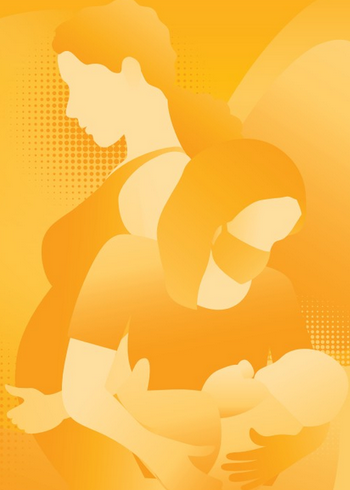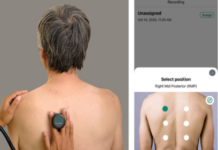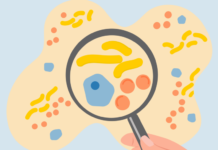NEW DELHI– The ICMR-National Institute for Research in Digital Health and Data Science (NIRDHDS) will soon launch a randomized controlled trial to study how digital peer-based interventions can help address postpartum depression among women while improving neonatal health outcomes.
The trial, approved by the Health Ministry’s Screening Committee, will feature an international research team including experts from the United States, the researchers said in a paper published in BMJ Open.
At the center of the study is Kushal Maa (“informed mother”), a pilot-tested, culturally tailored mobile interactive education and support group program designed to reduce postpartum depression and promote healthier maternal and child practices. “This study will generate evidence on how digital peer-based interventions can strengthen maternal and neonatal health in India,” ICMR-NIRDHDS noted.
The research will enroll 2,100 pregnant women across Punjab, Madhya Pradesh, and Maharashtra. Participants will be women aged 18 and above in their last trimester (30–33 weeks of gestation). The study will compare the Kushal Maa program against standard care on a range of maternal and neonatal health indicators.
“Our primary outcomes focus on a diverse range of key indicators of postpartum depression, exclusive breastfeeding and met need for postpartum family planning, and we capture a variety of secondary health knowledge, behaviour and outcome data to fully inform potential intervention impact and mechanism,” the researchers said.
Intervention participants will receive 28 tailored sessions via audio or video conference, including four prenatal and 24 postpartum sessions over six months, moderated by trained facilitators. They will also take part in WhatsApp groups for health education videos and peer discussions. Control participants will receive standard postpartum care. Data will be collected at four points: during enrollment, at six weeks, three months, and six months postpartum.
Despite progress in maternal care, gaps persist in India’s postpartum services, the research team noted. “Despite India’s significant achievements in the prenatal period and during childbirth, maternal and infant mortality remain relatively high, at 97 per 1,00,000 live births and 35 per 1,000 live births, respectively. While perinatal care access is increasing, quality shortfalls persist, with notable drops in the postpartum period, only 78 per cent of mothers and 79.1 per cent of newborns receive postpartum care within two days of delivery,” the team, including Mona Duggal of ICMR-NIRDHDS, said.
The study is expected to be completed by October 2027. (Source: IANS)














